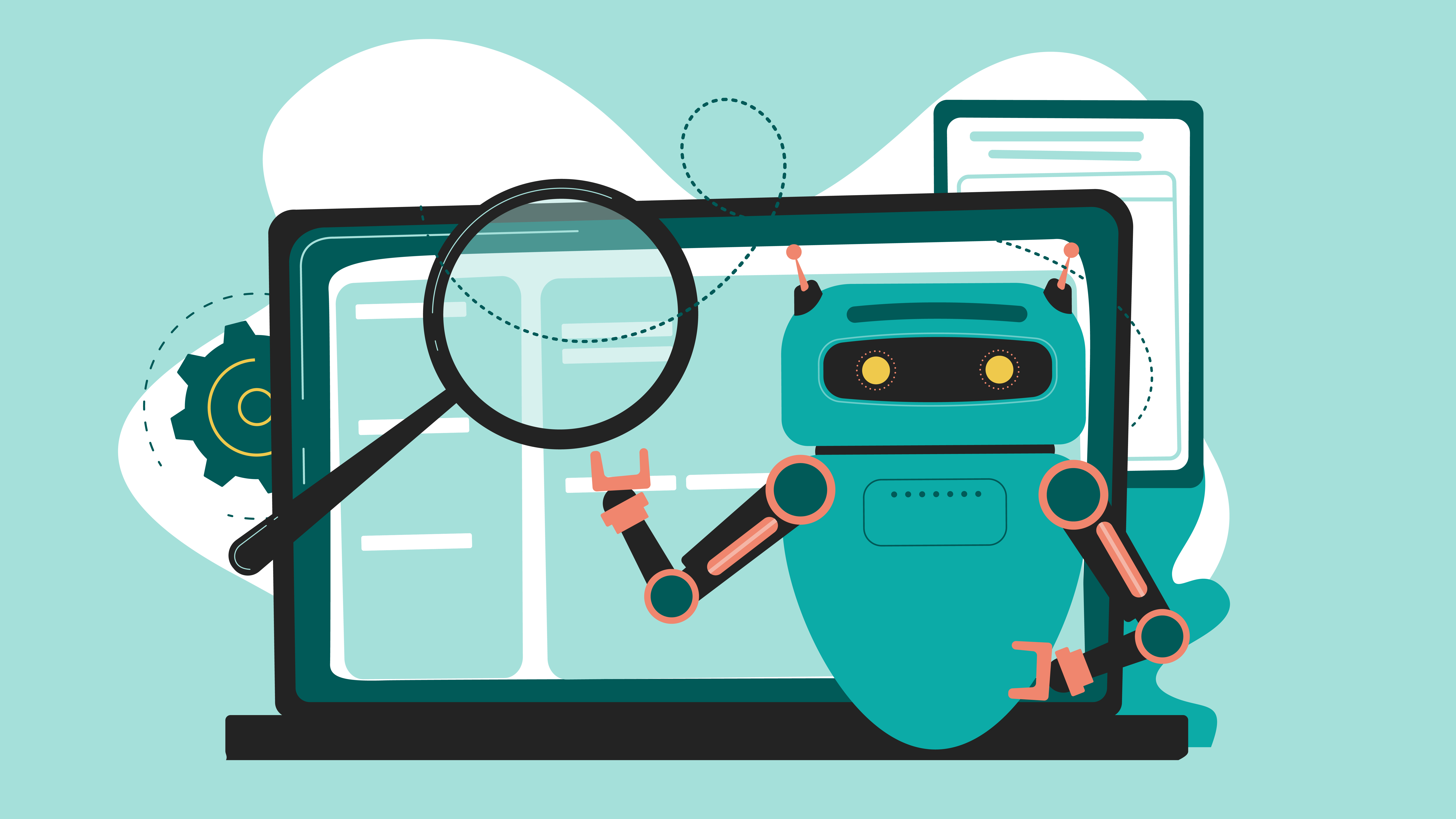With AI text generators like ChatGPT and Jasper, it’s easier than ever to create content. But even if it’s unintentional, that content can be misinformed or incorrect — and most of us are weary of misinformation these days.
In response, AI content detector tools are now available, and Google is changing how it evaluates (and, therefore, ranks) content. Let’s dive into what AI content detectors are, how they work, and how AI-generated content may impact organic search.
What Are AI Content Detectors?
AI content detectors are tools that identify content that was either fully or partially created using artificial intelligence text generators. The goal is to understand if a human or a bot wrote content.
Plagiarism detectors have been available for a long time, and now many professors use AI content detectors to check if students are actually writing their own essays. But more and more companies and individuals are also using them to test articles, blogs, and social posts.
Some of the most popular AI content detector tools are GPTZero, OpenAI AI Text Classifier, and Copyleaks AI Content Detector.
How Do AI Content Detectors Work?
Interestingly, AI content detectors use similar language models that the AI text generators do. If the content you’re testing is something the AI content detector would write using its language model, then it will usually flag it as AI-generated.
According to Scribbr, AI content detector tools are looking at two main factors: perplexity and burstiness.
Perplexity looks at how unpredictable the content is — and, thus, how likely it is to confuse (or perplex) a reader. AI tends to create text with low perplexity, while humans write with high perplexity.
Burstiness looks at variation in sentence length and structure. Content with sentences that are similar in length and structure throughout are considered to have low burstiness, which is typically how AI produces text.
AI-Generated Content and Organic Search
Google can detect AI-generated content — but using AI to write content won’t necessarily impact your search performance.
Google is committed to ensuring “people see original, helpful content created for people in search results,” according to the company’s helpful content system. Google also states that using AI to generate content isn’t against their guidelines, which makes total sense. It would be a bit hypocritical if Google didn’t embrace using AI as a writing tool, given the company’s own Bard.
In a September 2023 update, the search giant improved its algorithm to put further emphasis on content that’s high quality as well as created or reviewed by experts. In other words, content not only needs to be helpful and engaging but also trustworthy.
Bottom line: The quality, trustworthiness, and value of your content matters more than how it was written.
You’re better off investing resources into researching, writing, and collaborating with experts on a few high-value pieces of content than using an AI text generator to pump out a ton of content that’s likely very similar to what other writers have created using the same tool. Don’t cancel your ChatGPT subscription just yet, but do gut-check its outputs and ensure your content has enough originality and expertise to make it truly helpful.
Struggling to stay up to date on all things search? Don’t have the time to create high-quality content that will help your target audience? Check out how we can help you with SEO.







